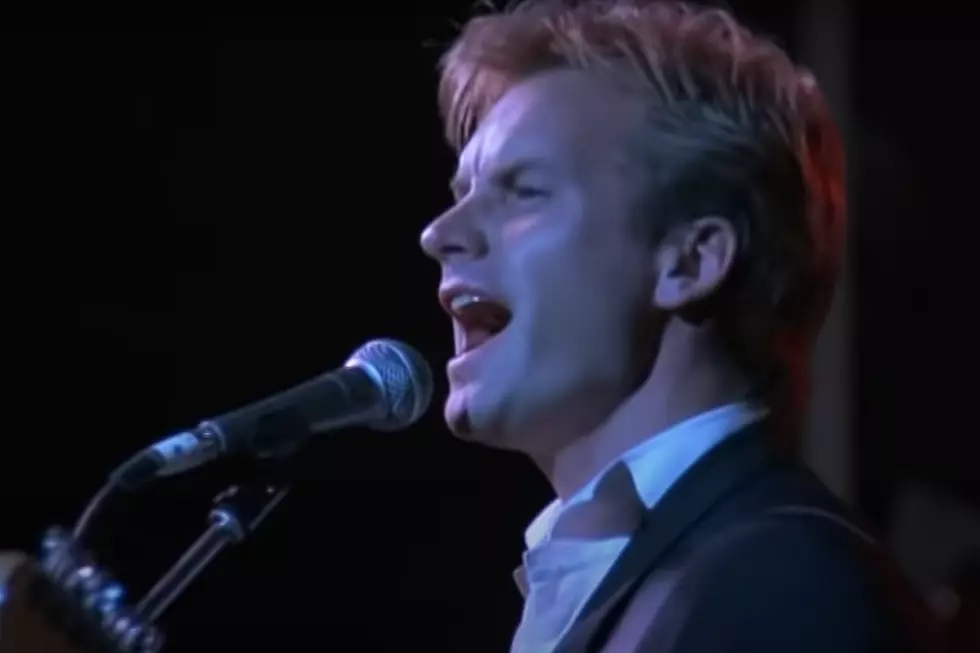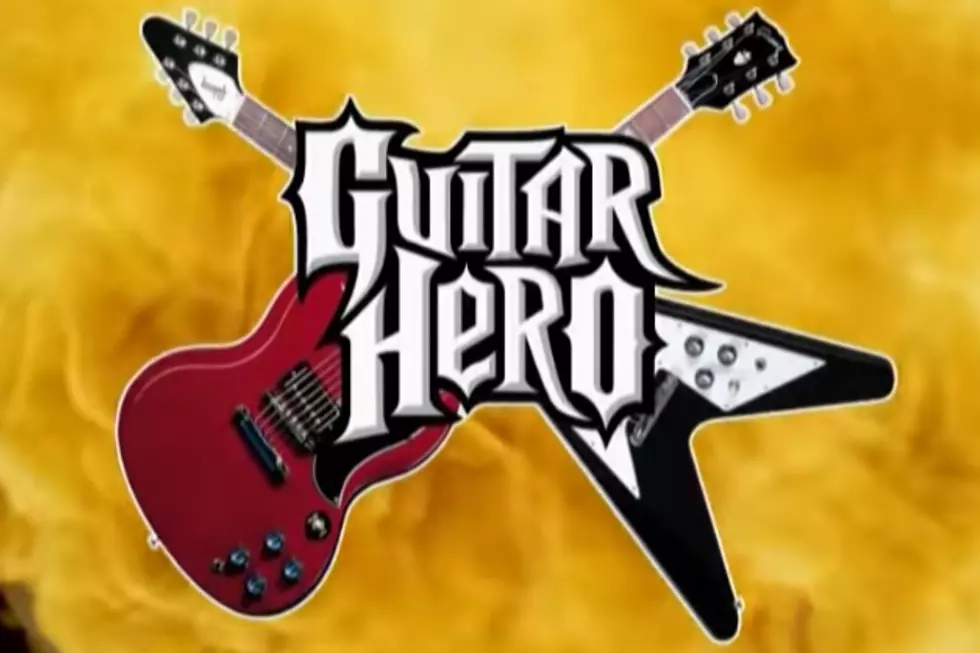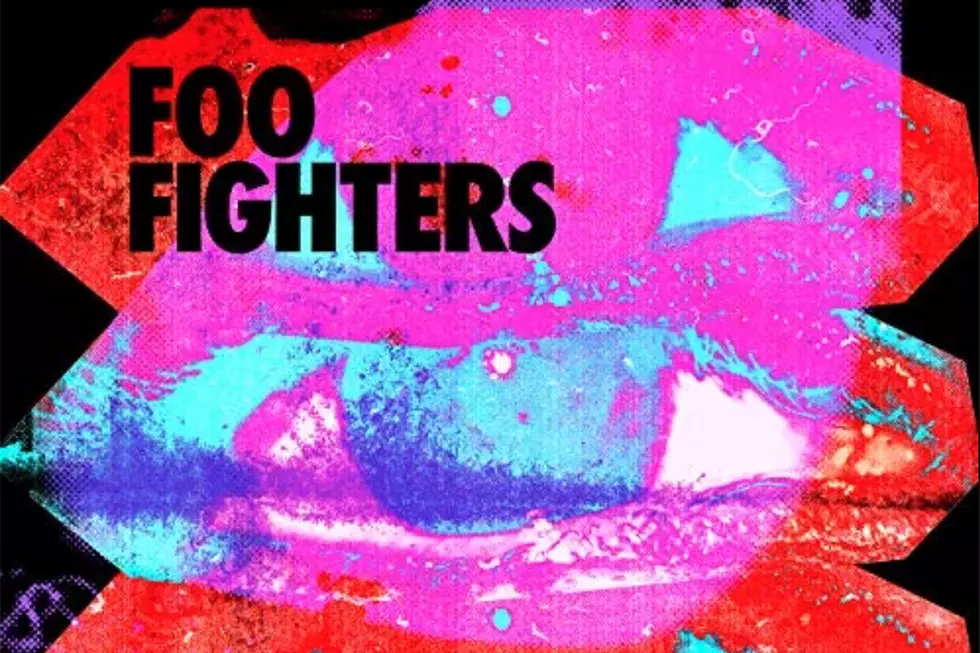
35 Years Ago: Sting Forms a Solo Persona With ‘Bring on the Night’
Sting tapped Michael Apted to make a movie about getting a new group together, but the Oscar-nominated director captured something else instead: Bring on the Night documented his transition from Police bandmate to occasionally insufferable solo star.
"Most rock films are made about bands at the peak of their career or when they are finished – like [the Band's] The Last Waltz or [the Beatles'] Let It Be," Sting told the Record Mirror in 1985. "I can't think of a film that's about a band starting off."
He'd assembled a crack team of jazz players – including saxophonist Branford Marsalis, pianist Kenny Kirkland, bassist Darryl Jones and drummer Omar Hakim – to interpret and expand upon music from his solo debut, Dream of the Blue Turtles, and select cuts from the Police.
Gathered at the suitably stodgy Château de Courson in France, everything was – perhaps inevitably – tentative at first. But their getting-to-know-you phase was made more difficult by Sting's stand-offish attitude and rather obvious pop stardom. After all, he'd basically wished this entire project into existence.
"One morning I had a whim: Wouldn't it be a great idea to do a film about starting a new band," Sting told the San Diego Union-Tribune in 1985. "But it became a reality very quickly. Before I could tell everyone it was just a joke, there were 120 people around us and we were spending all this money – somebody else's money. And I felt responsible, which is why I look so worried in the first part of the film."
The camera's unblinking eye captured it all. Credit Sting for giving Apted free rein. Filmed in "real time," according to the director's notes, Bring on the Night was said to include "no cheating and staged scenes." He was, the notes added, "promised total access, within the realms of respectability."
Apted's probing questions and blunt documentarian style also worked in welcome contrast to his star's mannered presence, earning the director a Grammy for best long-form music video. Sting "liked that I'd done movies and documentaries," Apted later noted, "because he wanted a bit of both – to document the birth of a band and find a story to tell it."
Released on Nov. 8, 1985, Bring on the Night did indeed follow new bandmates "from different areas forming a common language," as Sting says in the film. But the story, the narrative Apted was searching for, centered on Sting's initial efforts to form a new persona – one utterly different from the guy seen happily leaping around in the video for "Every Little Thing She Does Is Magic."
Instead, the former Gordon Sumner can be found acting confused when addressed by his given name. "My children call me Sting," he responded. "My mother calls me Sting. Who is this Gordon character?" He was, it seemed, long gone – and that distance gave Apted's film an unnerving tension.
Thankfully, Sting's straight-shooting manager Miles Copeland provided a welcome counterbalance, offering this blunt assessment of a costume designer's work: "Well, I'm sorry. I'm just a peasant, man, but they look boring."
Marsalis pulled no punches, either. A looming deadline – their first concert together, to be played in Paris – should have created more internal drama. But Sting's new collaborators weren't simply dabbling in jazz forms; they had long been playing for keeps.
Asked if he had any second thoughts about this new project, Marsalis said: "If I was Sting, I might be nervous. But I'm not Sting: I play jazz. I know what it's like to be shat on. I am a jazz musician. I know what it's like to play some stuff that nobody wants to hear."
Apted ended up documenting the last nine days of rehearsals. In their own ways, everyone still seemed to be clearly – and quite rightly – wondering if they'd ever be anything more than Sting's backing musicians.
"I'm not so sure that this is a band in that everyone has a totally equal say in just what happens," Jones carefully admits at one point. "I'm interested to see whether it will eventually become that."
It didn't, of course. By the end of Bring on the Night, as he offered a hauntingly direct solo update of "Message in a Bottle" on stage, Sting had finally become "Sting." Through it all, he'd remained apart, aloof, in his own private circle of fame.
As the credits rolled, the others were nowhere to be seen.
See the Police Among Rock’s Hilariously Bad First Concerts
More From 92.9 The Lake










